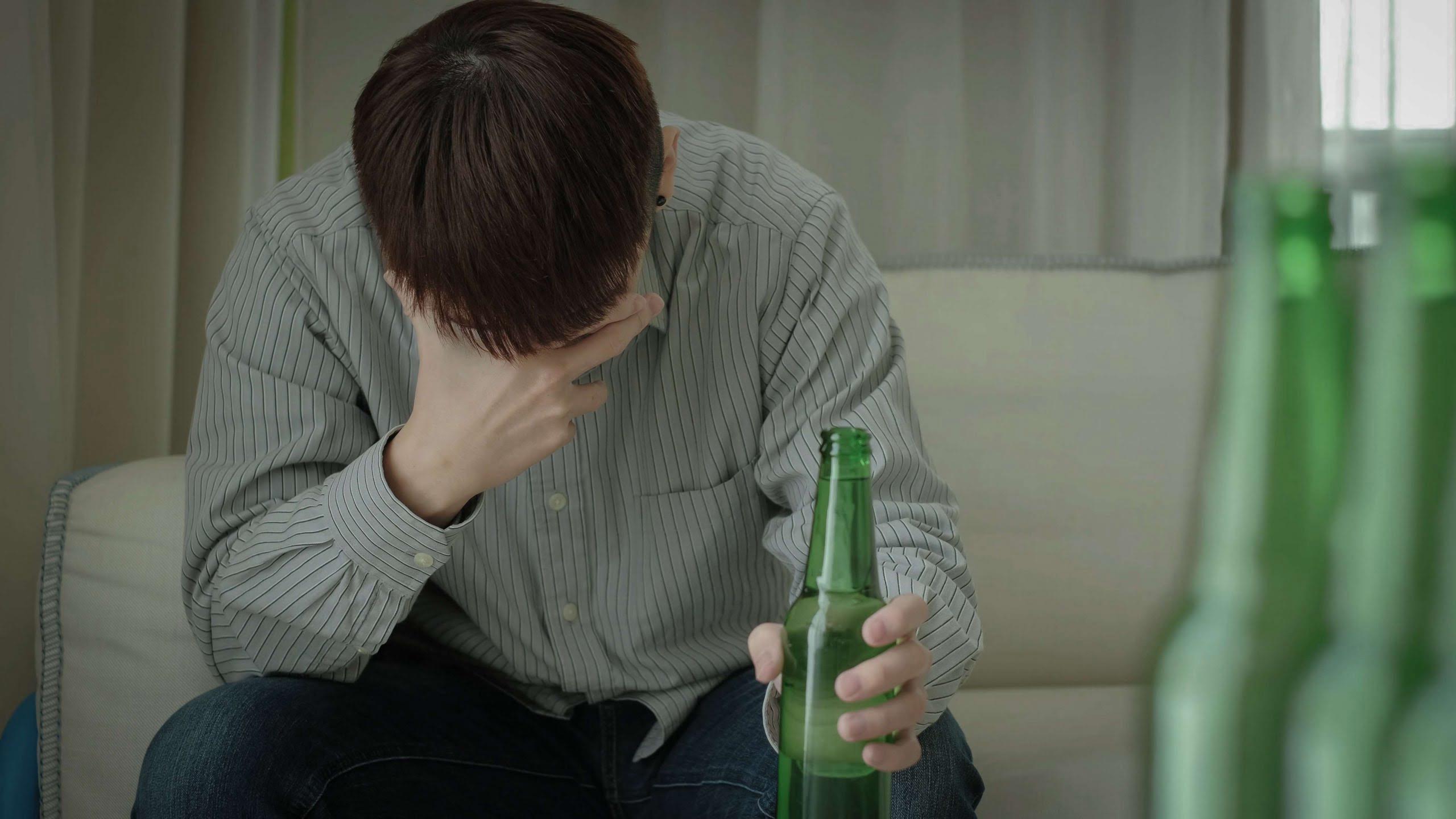While there may be a few benefits to drinking socially, there are dangers to be considered too, as discussed in the article. An experiment like this is a good way to gain insight into the drinking habits because it allows evaluating how much a person depends on alcohol while interacting with other people.
Some of the most popular alcohol-filled festivals in the country include the Firefly Music Festival, Lollapalooza, South by Southwest and Coachella. Loved ones may raise a glass of wine or champagne to toast the bride and groom.
Signs Of Alcohol Addiction
This becomes binge drinking if a male consumes five or more drinks, or a female drinks 4 or more drinks during a general two-hour time frame on at least one occasion within a month. Experimenting with alcohol at a young age can lead to problems later on in life, especially in your 20s and 30s. This is especially true when adolescents engage in frequent binge drinking.
Over time, groups that drank together would have cohered and flourished, dominating smaller groups—much like the ones that prayed together. Moments of slightly buzzed creativity and subsequent innovation might have given them further advantage still. In the end, the theory goes, the drunk tribes beat the sober ones. At a talk he later gave on wu-wei at Google, Slingerland made much the same point about intoxication. During the Q&A, someone in the audience told him about the Ballmer Peak—the notion, named after the former Microsoft CEO Steve Ballmer, that alcohol can affect programming ability.
What Are Social Drinkers
Throughout history, drinking has provided a social and psychological service. At a moment when friendships seem more attenuated than ever, maybe it can do so again. In 2012, Slingerland and several scholars in other fields won a big grant to study religion from an evolutionary perspective. In the years since, they have argued that religion helped humans cooperate on a much larger scale than they had as hunter-gatherers.
- The past year has changed alcohol use patterns, especially among women.
- Avoiding people and places where it is difficult to manage drinking, at least at the beginning.
- Alcoholism changes the brain over time, even causing alcohol withdrawal symptoms when you go too long without it.
- They feel they can’t function without the drinking becomes a regular activity and clearly a dependency that will not be alleviated without taking drastic, life-changing measures.
Over the decades, scientists have proposed many theories as to why we still drink alcohol, despite its harms and despite millions of years having passed since our ancestors’ drunken scavenging. Some suggest that it must have had some interim purpose it’s since outlived. (For example, maybe it was safer to drink than untreated water—fermentation kills pathogens.) Slingerland questions most of these explanations. Around the same time, Slingerland published a social-science-heavy self-help book called Trying Not to Try. In it, he argued that the ancient Taoist concept of wu-wei (akin to what we now call “flow”) could help with both the demands of modern life and the more eternal challenge of dealing with other people. Intoxicants, he pointed out in passing, offer a chemical shortcut to wu-wei—by suppressing our conscious mind, they can unleash creativity and also make us more sociable.
Tolerance: The 1st Major Warning Sign Of Alcoholism
Chronic severe alcoholics have the highest rate of family members who also experience alcohol dependence at 77%. Researchers found that they have the highest rates of employment among alcoholics, with 68% working full-time and an average family income of nearly $50,000 a year. About 64% are male, while around 38% are married and 21% are divorced. Researchers found that about 62% of functional alcoholics work full-time, 3.6% are in school full-time, and 5% are retired. Nearly 26% have a college degree or higher, and the average household income is almost $60,000, the highest among any of the subtypes.

Alcohol was an infamous part of Woodstock in 1969 and has been such at countless outdoor concerts since. The biggest differences between an alcoholic and a problem drinker are the severity of alcohol-related problems and the person’s ability to control his or her drinking. A high-functioning alcoholic may appear to function normally, but they’re usually experiencing internal problems because of their drinking. A lot of people who drink end up getting drunk more often than they intended. But that doesn’t mean they have the disease called alcoholism.
Drinking
In these types of circumstances, alcohol is often used to suppress feelings and relieve the symptoms of psychological disorders. A key warning sign of alcoholism is not being able to cut back on drinking, quit drinking, or even imagine a life without alcohol. People who abuse alcohol can develop a psychological and physical dependence on it. Alcoholism changes the brain over time, even causing alcohol withdrawal symptoms when you go too long without it. Add a genetic predisposition to alcoholism into the mix and your chances of developing an alcohol use disorder go up by 50%. Washburn House offers a variety of substance abuse treatment programs for alcohol abuse and addiction.

Beliefs about alcohol are established very early in life, even before the child begins elementary school . Before age 9, children generally view alcohol negatively and see drinking as bad, with adverse effects. By about age 13, however, their expectancies shift, becoming more positive .
What Are Some Alcoholism Causes And Risk Factors?
Research shows that the severity of blackouts vary by your individual make-up and that these alcohol-induced memory lapses can jumpstart long-term neurobiological abnormalities and psychiatric symptoms. Our writers and reviewers are experienced professionals in medicine, addiction treatment, and healthcare. AddictionResource fact-checks all the information before publishing and uses only credible and trusted sources when citing any medical data.
What to do when you’re worried about someone’s drinking – ABC News
What to do when you’re worried about someone’s drinking.
Posted: Thu, 09 Dec 2021 02:59:41 GMT [source]
This may include parties, events, sports games, and other social settings where alcohol is served, and other people drink as well. Addiction Resource is an educational platform for sharing and disseminating information about addiction and substance abuse recovery centers. Addiction Resource is not a healthcare provider nor does it claim to offer sound medical advice to anyone. Addiction Resource does not favor or support any specific recovery center nor do we claim to ensure the quality, validity or effectiveness of any particular treatment center. No one should assume the information provided on Addiction Resource as authoritative and should always defer to the advice and care provided by a medical doctor.
If alcohol alleviates anxiety once, the likelihood of continued social drinking increases. As a result, social drinking could give way to heavier consumption in a short period of time. Social drinking is casual alcohol consumption in a social setting, such as a bar or restaurant. It commonly occurs on special occasions, such as birthdays, Cinco de Mayo or New Year’s Eve. Around the world, millions of people engage in this activity for various reasons. However, unregulated or irresponsible social drinking could spur problems that could last a lifetime. People meet with friends or co-workers over drinks at the end of a workday to decompress.

They don’t typically drink on their own but do so with friends, family, colleagues and so on. Carol’s past experience in the medical field has led to a deep knowledge of the struggles those with a substance use disorder face. She is passionate about helping people who are struggling with alcohol abuse and addiction and hopes her writing for Alcohol Rehab Guide can help. Staying healthy and maintaining your sobriety Alcohol detoxification takes time and dedication. Triggers, including a group of friends who drink, certain activities or circumstances can lead someone to fall back into old drinking habits. When a partner or close friend frequently drinks, you may be more inclined to join them. Giving into peer pressure can lead to drinking problems down the road, as well as many health complications that arise from excessive alcohol consumption.
While any form of alcohol abuse is problematic, the term “problem drinker” refers to someone who starts experiencing the impacts of their habit. This is especially true for teens who attend parties where drinking is the primary activity. You might think binge drinking is safe when you only do it occasionally, but that couldn’t be further from the truth. “When someone realizes they have drank more than they planned to and figure why stop now, that’s usually a sign of alcoholism,” says Alyson Cohen, LCSW, a psychotherapist based in New York City. “Especially if they keep going.” You may also have a problem if you find yourself not thinking about what you drink at all.
The designation of mild, moderate, or severe alcohol use disorders is the terminology used in official medical diagnoses. If you’re going out with friends each day of the weekend and having a few too many each time, you may be heavy drinking. Admitting a loved one has a problem with alcohol can be painful for the whole family, not just the person social drinking problem drinking. There is help and support available for both you and your loved one. Many drinking problems start when people use alcohol to self-soothe and relieve stress (otherwise known as self-medicating). Getting drunk after every stressful day, for example, or reaching for a bottle every time you have an argument with your spouse or boss.
In recent years, studies have explored a possible connection between your environment and risk of AUD. For example, many researchers have examined whether or not a person’s proximity to alcohol retail stores or bars affect their chances of alcoholism. People who live closer to alcohol establishments are said to have a more positive outlook on drinking and are more likely to participate in the activity. If you find that the above descriptions resemble you or a loved one, you’re not alone. At The Recovery Village, we offer evidence-based treatment methods that can address every aspect of each client’s treatment needs.

 we didn’t do anything but what is my problem ?!
we didn’t do anything but what is my problem ?!

 (@nurse_charming)
(@nurse_charming) 


